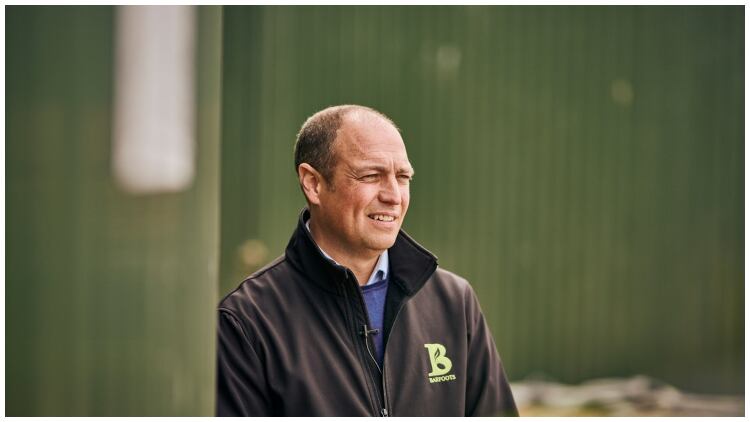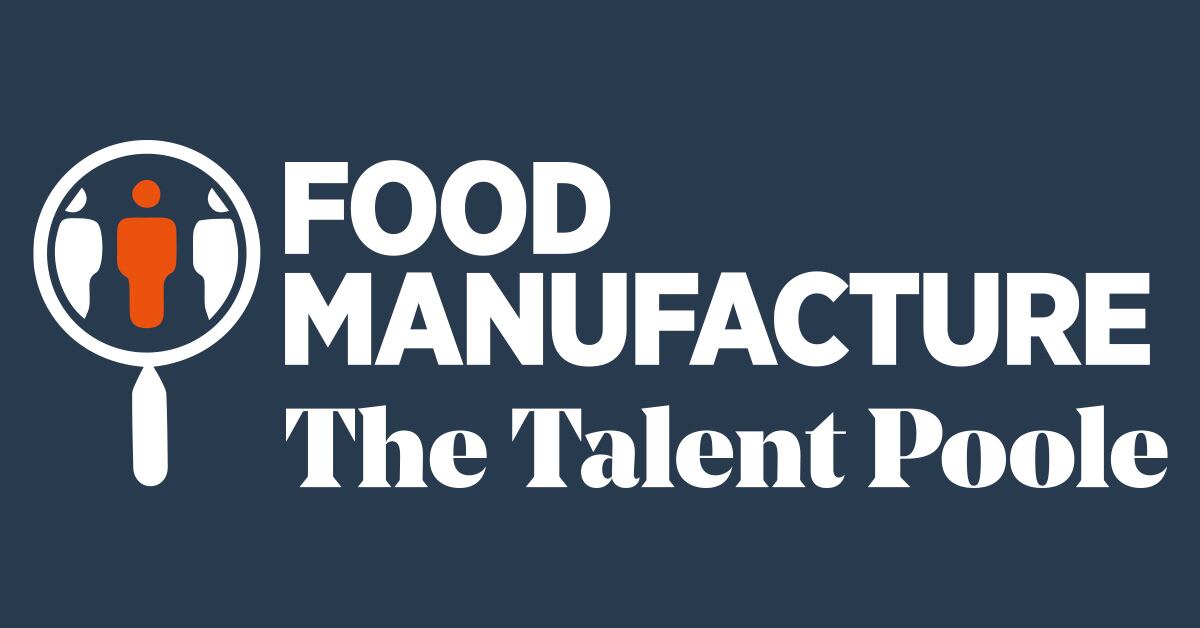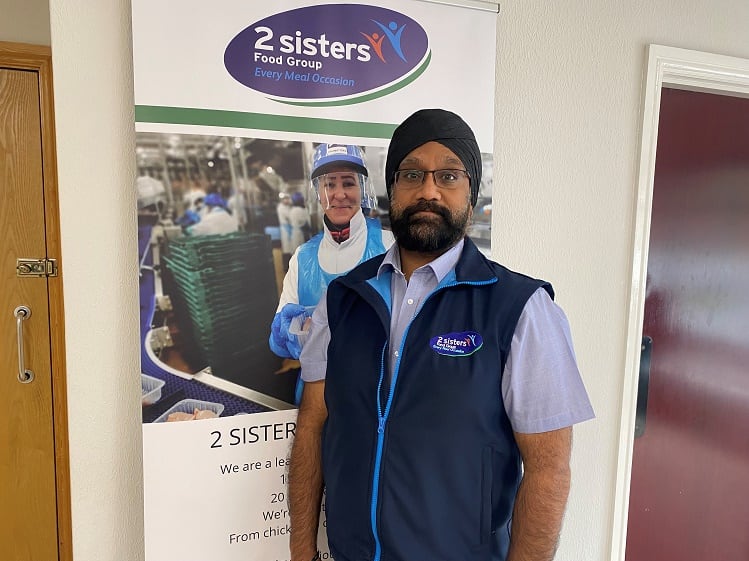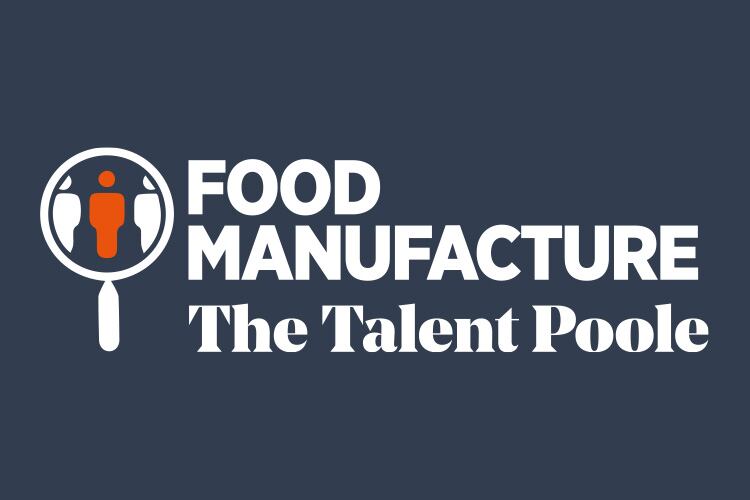Food manufacturing and distribution businesses continue to face a constant barrage of challenges – supply chain issues resulting from the combined impacts of Brexit, the Covid pandemic and the impact of the Russian invasion of Ukraine. Businesses are having to cope with severe economic pressures, which are impacting businesses as well as their consumers. They are also having to adapt to emerging environmental and sustainability demands. All these challenges are on top of what we would have previously described as ‘normal’ competition and business development.
Food business leaders are, therefore, inevitably being tested in terms of their flexibility, creativity and, above all, their ability to make effective decisions – often within extremely short timescales. In this month’s column, we hear from Keston Williams, chief operating officer for Barfoots, to explore some of his perspectives on decision-making within a fast-paced food business.
Agility is key in food
The picture I have painted might appear quite a gloomy one, but, from my experience, the food sector has always had to learn to be highly responsive and adaptable and, as a result, has become extremely effective at it. From food supply shortages during and following WWII, through to challenges following the discovery of melamine in eggs in 2008 through to the effects of the ‘horsegate scandal’ in 2013, those working in the food sector have always had to learn to be ready to face and come up with innovative solutions and new ways of working to survive. Perhaps the old proverb – ‘necessity is the mother of invention’ has helped shape the food sector by forcing creativity and innovation.
Williams agreed: “Fresh produce is an extremely dynamic part of the food sector to be working in. However, it can also be very challenging. We are constantly having to deal with a barrage of long and short-term decisions. Some decisions can literally be about ensuring we can get product out in the next two hours. We need to be extremely responsive and adaptive. For example, this year we experienced a very cold start to the season in the UK, so we are already looking to extend our season in Germany and Spain to compensate.”
The ideal isn’t always possible
A textbook model for decision-making describes the need to: Collect all available data; explore alternatives; weigh up the options based on defined criteria and after seeking a diversity of viewpoints; before, ultimately, deciding on a course of action.
Unfortunately, due to the nature of food production and the challenges they face, food business leaders are sometimes expected to make critical decisions based on little or no analytics/precedent and often within very short timescales.
“The Covid pandemic brought with it many such challenges,” Williams reflected. “An example – which I appreciate all other food businesses also had to face – was over the wearing of face masks. I must admit that, initially, I was vehemently against the use of masks in our factory. We work in a cold environment and so I felt the use of masks would lead to condensation gathering in and around the mouth. I was concerned that, as a result, people would be constantly adjusting their masks, leading to a risk of contamination. However, as we now know, the guidance changed, meaning face masks needed to be worn. This was an example where we needed to change our decision based on the available evidence.”

About Keston Williams
Keston Williams has worked in the fresh produce industry for over 25 years and is Chief Operating Officer of Barfoots. Keston heads up the operational and technical teams, as well as responsibility for glasshouse production, R&D, innovation and dustainability. Having completed a degree in Biological Sciences and Masters in Crop Protection, Keston has held senior positions in agronomy, operations and technical. Barfoots, owned by Peter Barfoot, is based near Chichester and farms, procures, processes and packs premium vegetables for its retail customers. Barfoots farms over 8000 acres on the south coast of the UK, whilst also having its own farming operations and long-established farming partnerships, in 28 other countries around the world. Keston is also involved with a number of food and horticultural industry organisations, including being a board member of FIIN (Food Industry Intelligence Network).
Of course, the ideal decision-making model described earlier still stands and is a preferred way of working. However, leaders often have to condense the process to accommodate shorter timescales. This, however, should not be an excuse for not seeking a diversity of views from others, both inside and outside the business.
One individual – however experienced a leader – cannot be expected to have all the solutions – or appreciate all the perspectives, and this is a concept which Williams acknowledges.
“It’s important that we don’t make decisions in isolation,” he said. “We need to explore the pros and cons quickly – seeking views from other stakeholders. Before making a decision, we like to test it with trusted individuals to gain insights from different perspectives. We prefer to initially ask people individually – not in a room. This way, you get truly independent views, not swayed by others. Then, if time allows, we get people together and open the floor to further debate.”
Values-based decision-making
That said, many decisions – especially longer-term decisions – can follow a more rational and considered process. Williams described how Barfoots ensures individuals are empowered to make their own decisions: “My team know where we are as a business – they understand our organisational values. Referring to these helps to make complex decisions quite simple and helps individuals make reasoned decisions around their area of expertise. For example, one of our values centres around valuing integrity in everything we do. So, in terms of the recent case of mislabelling fraud – how you label something up would just not be an issue for us.”
Balancing the short-term with the long-term
As well as basing decisions on organisational values, some decisions can feed through from the longer-term strategy. Being clear about where the business is going will often help inform the shorter-term decisions. Barfoots, go one further in that it has already pre-empted many of the short-term options and built them into to its longer-term planning.
“The nature of our business depends significantly on seasonal variations. We can already predict the longer-term impacts of climate change – one reason why we decided to establish a business in Senegal. Having already made the long-term decisions puts us in a much better position to merely bring in or out the various options we have already made available – it’s like ‘flicking a switch’ to bring our other options into play.”
Courage and conviction
Having policies and processes in place are important but, ultimately, making effective decisions is still often down to the leader’s judgement as well as their courage and conviction. These are management behaviours and it’s fair to say, not every leader has these qualities. They can be developed in most people and need carefully developing over time – often through coaching.
Many managers describe themselves as relying on ‘gut instinct’ or having an ‘entrepreneurial spirit’ when making decisions. Certainly, there may be times when an individual may feel like they are relying more on intuition. However, more often, an experienced manager is merely able to very quickly tap into their years of prior learning and experience.
Learning from the outcome
Whether a decision ultimately turns out to be a good one or a poor one – the leader and the organisation need to have mechanisms in place to learn from the outcome. In a fast-moving business environment, this may not always be front of mind.
“It is critical to learn from the mistakes that every business will make, the key is not to repeat them. It is important to nurture a culture that is open to sharing issues and getting to the root cause as to why they have occurred, without blame or ramifications – within reason of course!
“After every product launch, we sit down and review what has gone well and what could have been done better. As a result, we now have a slick gate process that allows us to launch products without significant drama – for example launching 14 prepared veg lines to a major retailer on the same day last year…on time, in full!” Williams concluded.




